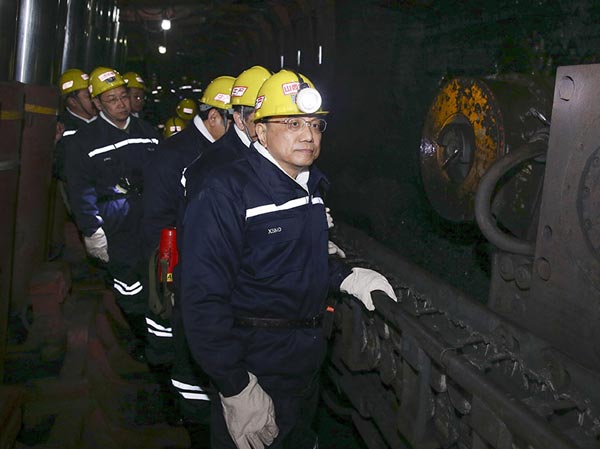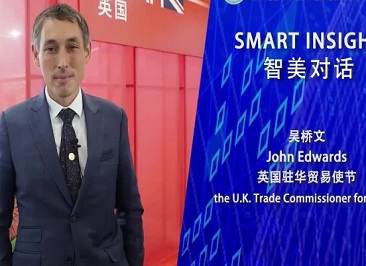What do Xi and Li's new year inspection visits mean?
Yan Dongjie
Updated:2016-01-07
chinadaily.com.cn
 |
|
Chinese President Xi Jinping visits BOE Technology Group Co Ltd in Southwest China's Chongqing municipality, Jan 4, 2016.[Photo/Xinhua] |
Why the difference?
The key of Chongqing's success seems to be its brilliant fulfillment of the five tasks put forward in the recently concluded Central Economic Work Conference: To reduce the excess production capacity, to reduce the stock, to reduce the expense, to expand the effective supply, to reduce the financial risk.
For example, Chongqing has acquitted itself well in terms of reducing the excess inventory. Many places are suffering from the overstock of commercial property, but Chongqing is an exception.
Though in the mountains, which increases the cost of construction, the housing prices in Chongqing are within range.
Shanxi, on the other hand, did not do so well in these five aspects, especially in reducing the excess production capacity.
The high energy consuming enterprises like coal, metallurgy account for the most part of industrial consumption in Shanxi. Besides, the consumption per product in Shanxi is much higher than the national average.
 |
|
Li Keqiang inspects the Guandi mine of Xishan Coal Electricity Group Co Ltd in North China's Shanxi province, Jan 5, 2016. Li had an inspection tour in Taiyuan, capital of North China's Shanxi province on Jan 4 and Jan 5. [Photo/Chinanews Service] |
Political implications
Xi and Li's visits to Chongqing and Shanxi at this crucial point underscore the government's preoccupation in 2016: Economy.
The new year ushers in not only the 13th five year plan, but the grim economic prospect as well. Hopefully the lessons from Chongqing and Shanxi could help propel the economic development in other provinces.
Li Lei contributed to the story.
Video

John Edwards, the UK trade commissioner for China, praised Chongqing over its rise as a burgeoning center in intelligent manufacturing.





